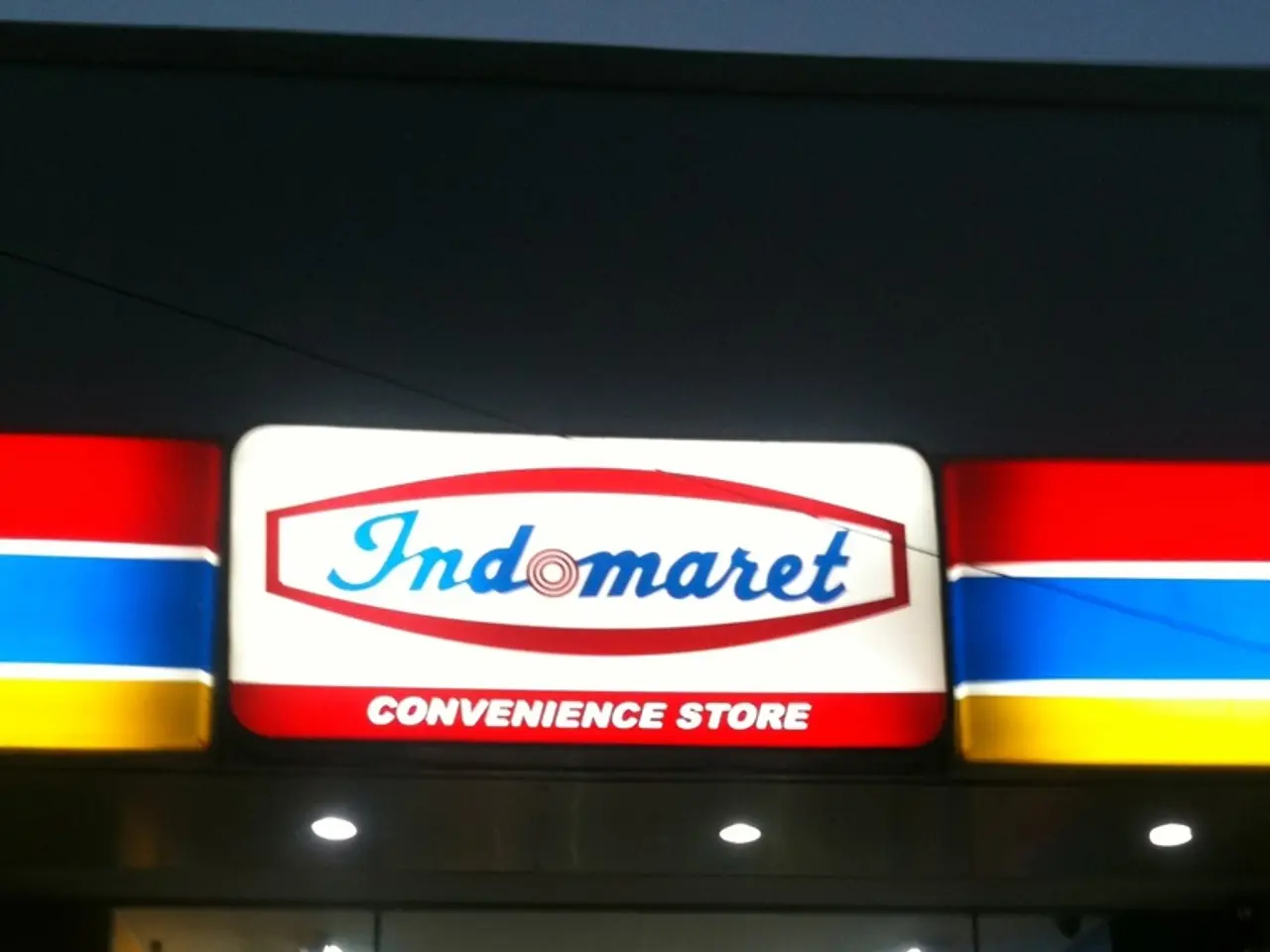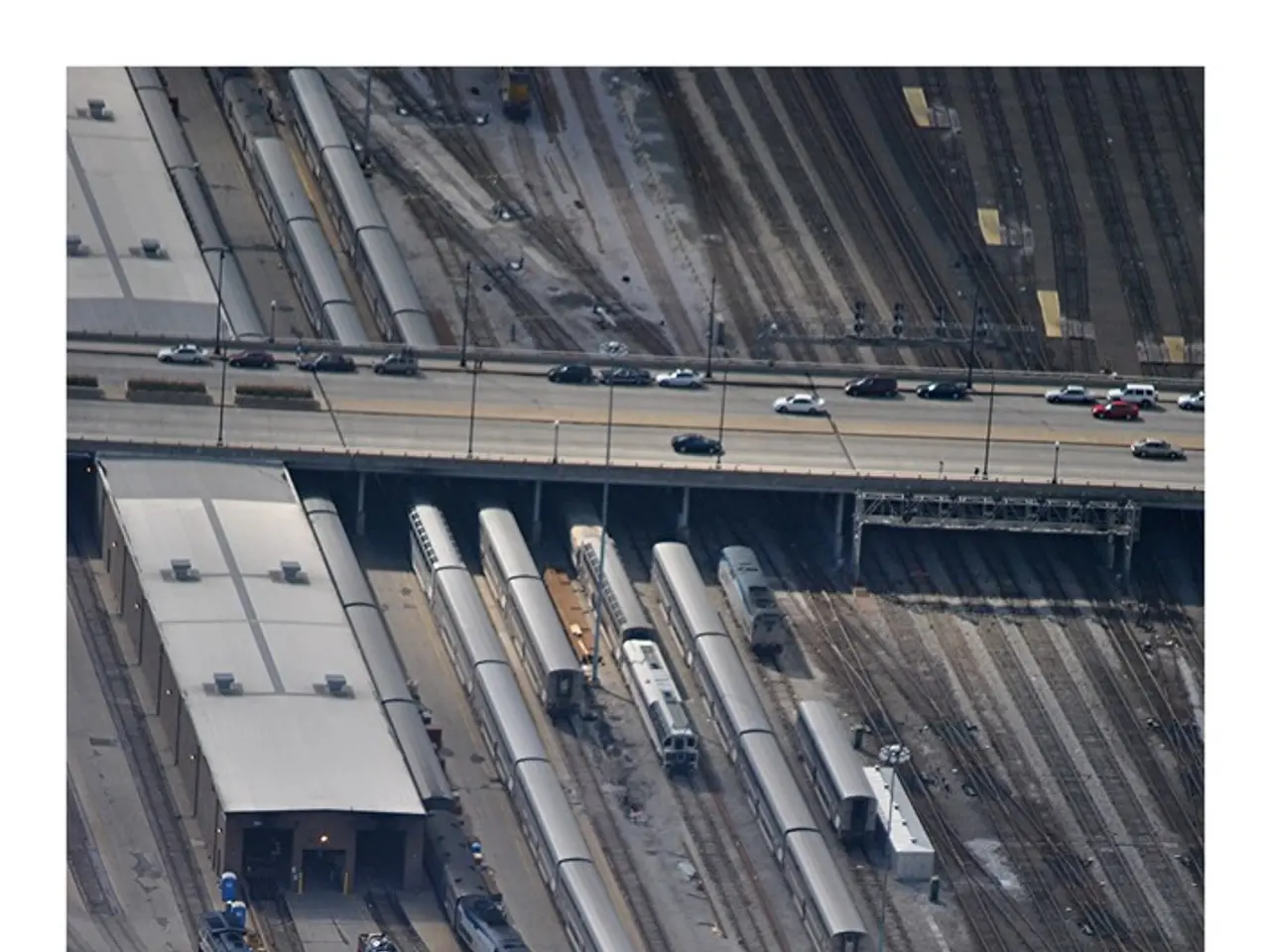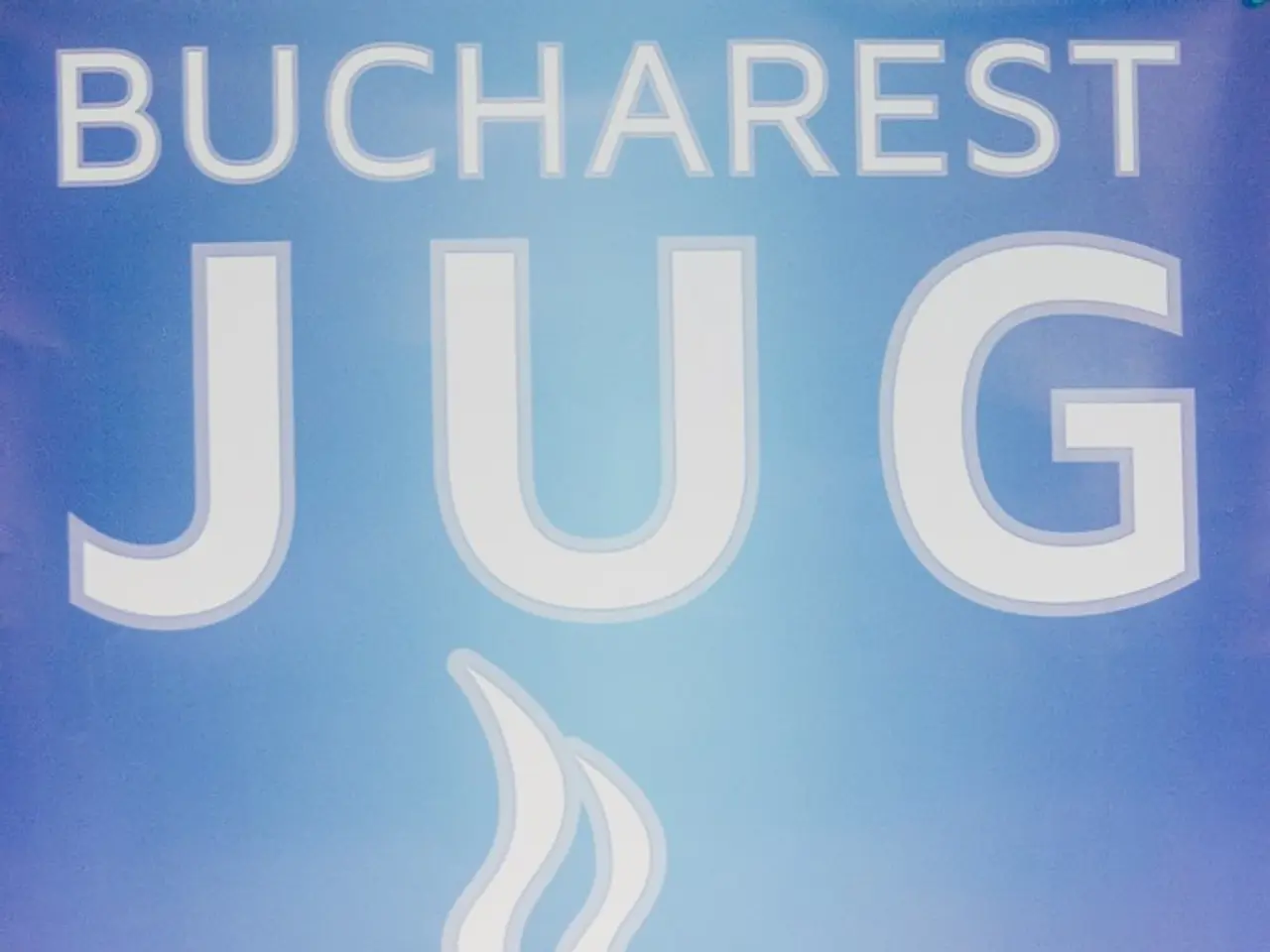Circle K's proprietor has decided against acquiring 7-Eleven's ownership.
Alimentation Couche-Tard Withdraws Acquisition Offer for Seven & i Holdings
Alimentation Couche-Tard (ACT) has withdrawn its acquisition offer for Seven & i Holdings, the parent company of 7-Eleven, citing a lack of engagement from Seven & i and concerns about the regulatory process[1]. Seven & i Holdings confirmed the withdrawal and expressed disappointment, disputing ACT's characterizations of the discussions[2].
The withdrawal of ACT's offer marks the end of any prospect of a merger between the two companies, which had been a topic of interest since August[3]. The potential merger would have faced antitrust questions due to the massive North American operations of both companies[4].
ACT's withdrawal was primarily due to the antitrust hurdles facing the deal. The combined companies would have significant overlap, particularly in North America, where 7-Eleven is the largest convenience store operator and ACT owns Circle K, the second largest[4]. Such a merger would trigger regulatory scrutiny and likely require divestitures of thousands of overlapping stores[2][3][4]. Seven & i noted that ACT did not seriously address how to resolve these antitrust issues, including identifying suitable buyers for required store divestitures that would satisfy regulators like the U.S. Federal Trade Commission[4].
The deal also faced cultural and national security concerns in Japan, where 7-Eleven is considered a national infrastructure business vital to daily life and was classified by the Japanese government as critical to national security[3].
For the industry, the merger’s collapse means no creation of a mega convenience store chain combining 7-Eleven and Circle K, so competition remains between these two giants rather than consolidated under one owner[2][3]. Seven & i plans to unlock shareholder value through standalone strategies, including listing its North American convenience store business separately and divesting superstores to appease investors[1][3].
In a statement, ACT accused Seven & i of engaging in a calculated campaign of obfuscation and delay, to the great detriment of Seven & i and its shareholders[1]. Seven & i, in addition to selling a variety of grab-and-go and prepared foods, operates numerous outposts of the restaurant concepts Laredo Taco Company and Raise the Roost Chicken and Biscuits[5].
If the deal between Circle K and 7-Eleven were to pass legal muster, antitrust concerns would likely force the sale of some stores in certain markets[6]. A combined Circle K and 7-Eleven would have more locations than either McDonald's or Starbucks[6].
References:
- Bloomberg
- Reuters
- CNBC
- Wall Street Journal
- 7-Eleven
- Business Insider
The withdrawal of Alimentation Couche-Tard's (ACT) acquisition offer for Seven & i Holdings has terminated any possibility of a merger between the two retail giants in the restaurant industry. The finance sector was anticipating potential antitrust issues, given the substantial North American operations of both companies and the significant overlap between 7-Eleven and ACT's Circle K [4]. The restaurant industry, meanwhile, faces the continued competition between these two retail giants instead of consolidation under one owner. Notably, Seven & i operates various restaurant concepts like Laredo Taco Company and Raise the Roost Chicken and Biscuits [5]. If the deal had passed legal muster, finance experts predicted that antitrust concerns would have forced the sale of stores in certain markets, making the combined company larger than competitors like McDonald's or Starbucks [6].




